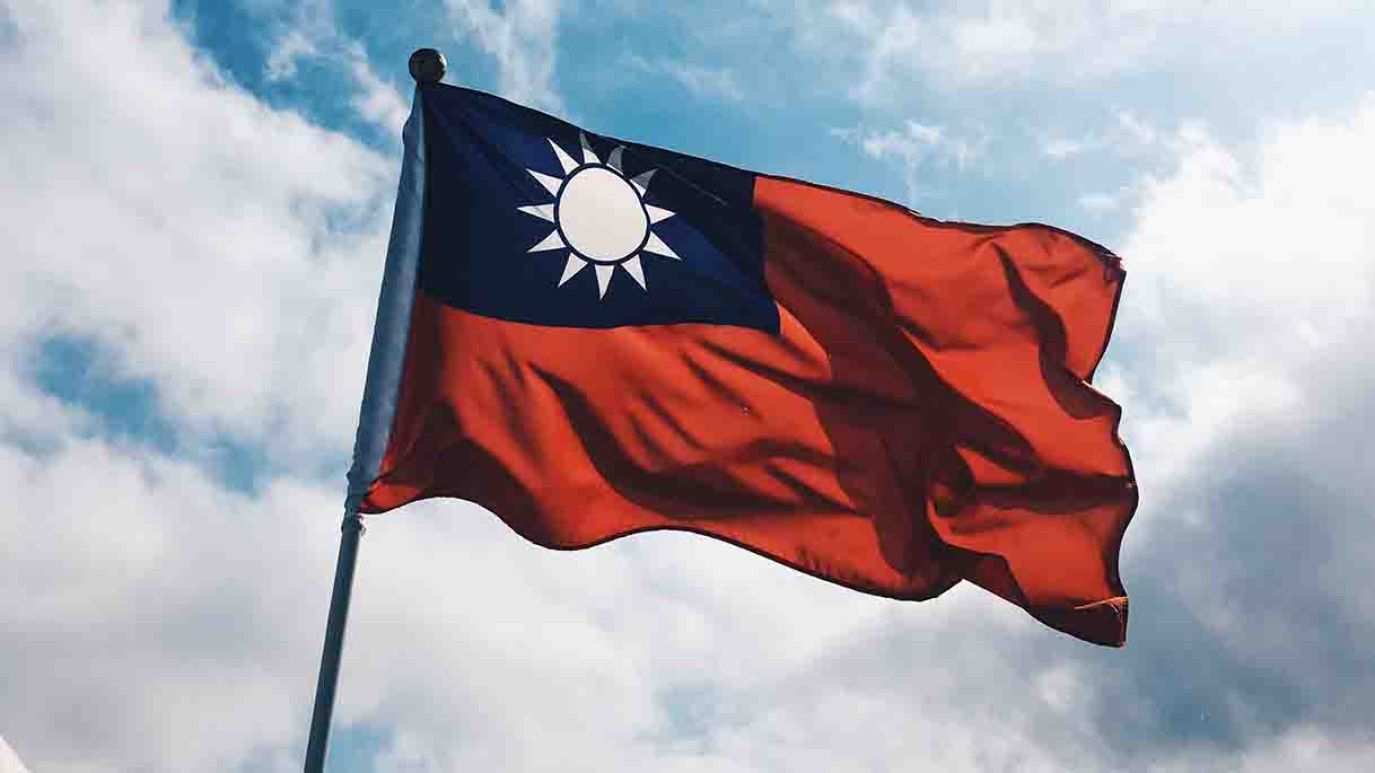Taiwan’s economy with risk exposure in China and cross-Strait tensions are causing concern for Western companies

Cross-Strait tensions, and the 2024 Taiwan presidential elections, are prompting some Western organizations and investors to diversify away from both Taiwan and China in order to minimize risk exposure to the mainland. This trend could adversely impact Taiwan’s economic growth.
With the Taiwan elections looming large on the horizon, which is set to have a discernible impact on US-China relations and Taiwan’s economy, particularly regarding cross-Strait economic ties and Taiwan’s dominance in the global advanced semiconductor supply chain.
Taipei moves away from China and towards Southeast Asia
Since President Tsai Ing-wen – leader of the pro-independence ruling party the Democratic Progressive Party (DPP) – came into office in 2016, Taiwan’s investment in China has dropped 44%, while its investments elsewhere around the world have jumped 96%. Taiwan’s Ministry of Economic Affairs (MEA) highlighted that Tsai’s strategy to reduce reliance on China and expand Taiwan’s business in Southeast Asia has made marked progress.
This change in stance was reflected in the fact that just 20 Taiwan companies attended the 6th China International Import Expo (CIIE) in Shanghai held 5-10 November in contrast to 110 that attended the inaugural CIIE in 2018. The sharp drop in Taiwan’s participation reflects the deterioration in economic relations across the Taiwan Strait.
However, while Taiwan’s economy has made great strides in decreasing reliance on mainland China, Taiwan is facing growing headwinds from US and European investors and organizations regarding its risk exposure in mainland China.
For example, in the first six months of 2023, Taiwan’s investment in southeast Asia was US$2.126 billion, while its investment in China registered $1.9 billion. Taiwan’s business in southeast Asia has made significant progress. Its trade volume with southeast Asian countries has grown from less than US$100 billion in 2016 to more than US$180 billion in 2022.
High risk exposure remains for Taiwan companies in mainland China
Conversely, on 12 November, Taiwan media reported that Taiwan government data showed over 700 Taiwan companies have invested NT$8.5 trillion ($262.73 billion) in mainland China and Hong Kong. Of those companies, 68 have 100% risk exposure based on the amount invested elsewhere compared with the net value of the parent company in Taiwan. Foxconn, Taiwan’s largest electronic contractor, for example, has a risk exposure of 117.2%, compared to just 5.6% for Taiwan Semiconductor Manufacturing Co. (TSMC).
This exposure is prompting some companies to shift away from both Taiwan and China by diversifying their risk exposure. Regardless of the results of the Taiwan elections on 13 January 2024, cross-Strait relations – which have hit a new low since the visit of former US House Speaker Nancy Pelosi to Taipei against Beijing’s wishes in August 2022 – are likely to simmer along for some time to come, which could negatively impact Taiwan’s economic growth prospects.
European businesses operating in Taiwan are already examining their risk exposure to both the island and the mainland. In the worst-case scenario, almost all of Taiwan’s US$922 billion in annual trade, based on 2021 figures, would be “severely disrupted” if mainland China blockaded Taiwan, according to research firm Rhodium Group. The group added in a publicly available commentary that a direct conflict would easily put US$127 billion in direct investment at risk.
While, in September, Freddie Hoeglund, CEO of the European Chamber of Commerce for Taiwan, told Western media: “There’s a lot of ongoing talk about de-risking supply chains, both regarding Taiwan and China.”
Pamir recommends operational contingency plans regarding Taiwan
However, things are not that simple. For example, on 8 November the UK and Taiwan signed an Enhanced Trade Partnership (ETP) agreement that is Taiwan’s first trade framework agreement with a European country. Taiwan hopes the ETP will eventually expand into a free-trade agreement and facilitate Taiwan’s entry into the Comprehensive and Progressive Agreement for Trans-Pacific Partnership (CPTPP), of which the UK is a member. Both China and Taiwan have applied to join CPTPP. Taipei also hopes ETP will help Taiwan and UK cooperate in areas such as investment and climate change.
Pamir considers that Taiwan’s financial exposure in the mainland remains a vulnerability that will influence voters in the upcoming election. Pamir expects that regardless of a DPP or KMT-TPP election win, cross-Strait relations will remain challenging amid frictions between the more independence-minded populace and Taiwan investors beholden to their China holdings. Pamir recommends that US firms regularly update operational contingency plans and monitor the range of risks to assets and personnel.
China’s 5G influence in developing economies
China’s Belt and Road Initiative and its digital counterpart, the Digital Silk Road, threaten to displace US telecom and tech companies in developing economies in Africa, Latin America and the Middle East. How can US operators and network providers stand up to the challenge?